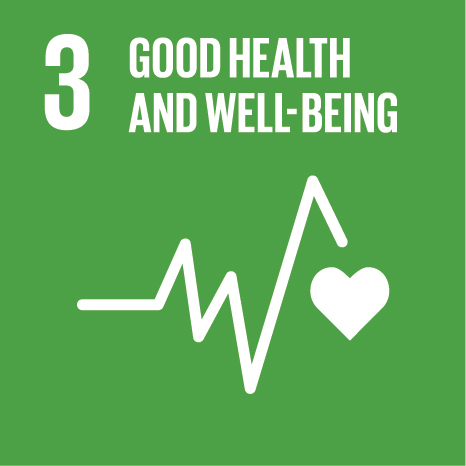 +265(0)111 624 222
+265(0)111 624 222 research@unima.ac.mw
research@unima.ac.mw Chirunga-Zomba, Malawi
Chirunga-Zomba, Malawi
Feasibility and acceptability of FOotpaths foR adolescent MAternal mental HeAlth (FOR MAMA): A co-designed intervention for pregnant adolescents in Malawi
Abstract
Abstract This study aimed to assess feasibility, acceptability and potential for impact of FOotpaths foR Adolescent MAternal Mental HeAlth (FOR MAMA), a co-designed intervention for pregnant adolescents in Malawi. We used a mixed-methods interventional pre-post cohort design. We recruited pregnant adolescents from a rural health centre in Zomba district, Malawi, all of whom were offered a five-session psychosocial intervention delivered by community healthcare workers. Quantitative feasibility indicators related to participant enrolment, session attendance and intervention completion. Feasibility of intervention delivery was explored using in-depth semi-structured interviews with healthcare workers. Acceptability was investigated through in-depth semi-structured interviews with intervention participants and a service user satisfaction questionnaire. Intervention outcomes were assessed using standardised measures of common mental disorders, financial distress and poor mental health and perceived social support. 19 adolescents aged 15–19 years (mean=17.21, SD=1.18) started the intervention, with 18 (94.7%) completing the programme. Significant improvements (p<0.05) were reported across all outcome measures, with moderate to high pre-post effect sizes. Intervention participants reported high levels of service satisfaction, although healthcare workers (n = 6) reported that some feasibility challenges emerged during recruitment and delivery. The FOR MAMA intervention proved to be an acceptable and feasible psychosocial intervention for pregnant adolescents in Malawi.
| Original language | en |
| Volume | 11 |
| Publication status | Published - 2024 |
UN SDGs
This research output contributes to the following United Nations (UN) Sustainable Development Goals (SDGs)

UN SDGs
This research output contributes to the following United Nations (UN) Sustainable Development Goals (SDGs)

UN SDGs
This research output contributes to the following United Nations (UN) Sustainable Development Goals (SDGs)
